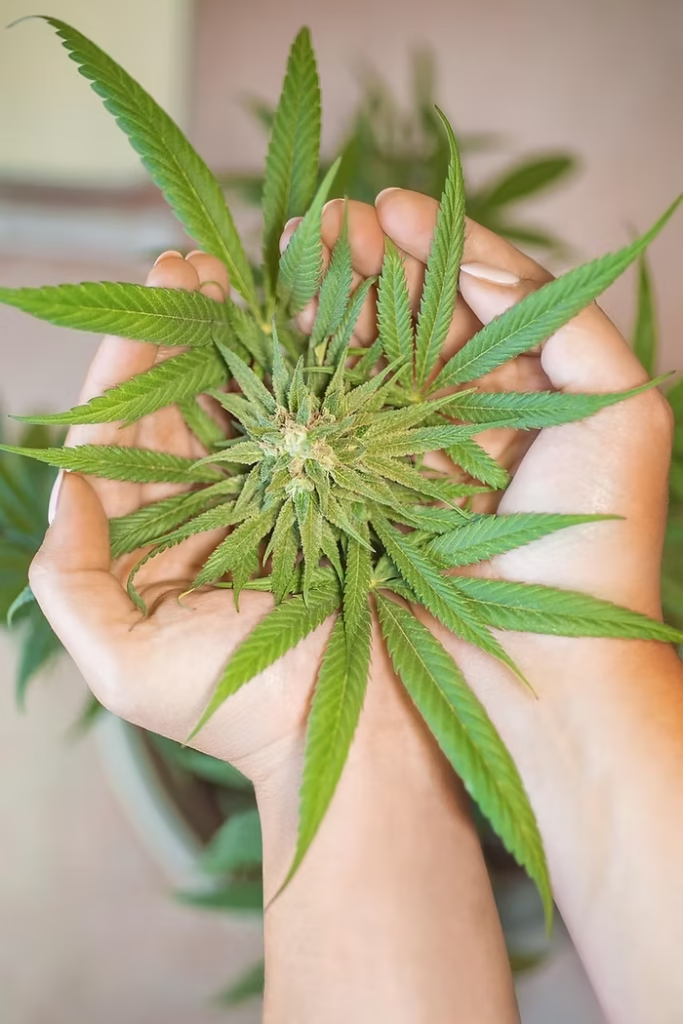September 8, 2025
(Source: MIRS.news, Published 09/05/2025) Gas stations, liquor stores, and vape
shops across Michigan have seen the rise in what the Cannabis Regulatory Agency
called intoxicating hemp-derived products that the cannabis industry believes are illicit.
These mostly unregulated candy and cookies contain Delta-8, a form of the substance
THC, is marketed in bright packages and funny names that attract teenage consumers.
Michigan Cannabis Industry Association Executive Director Robin Schneider said there
was an “oversight” in the 2018 Farm Bill championed by former U.S. Sen. Debbie
Stabenow that saw people taking substances from hemp and chemically converting it
into the same substance as marijuana.
“States traditionally have addressed this one-by-one, and that is what we believe
Michigan should do to protect consumers and to protect our youth,” Schneider said.
She said the industry was expecting that legislation would soon be developed and
introduced. Once it is, they will support it.
Schneider said she believes the issue is non-partisan, hitting the issues of public health
and safety, youth and tax bypass.
She said the chemical conversion, which is a conversion of Delta-8 THC or CBD to
Delta 9 THC through various means, is unregulated and still contain chemical residues.
According to Schneider, these products are the basis for several instances of children or
teens showing up at school with cannabis edibles.
“It is a product with THC in it that gets you high, that is being sold outside of our legal
and regulated system, and it is untested and unsafe, sold with no age gating, often
shipped directly to children at their homes,” she said.
She said it is something that should make parents in the state just as angry about the
availability as the industry is about them.
“These products are widely available to teenagers,” she said.
She said they are being produced in different parts of the country before being shipped.
She would like to see them be banned in the state.
Delta-8 THC is regulated like cannabis in Michigan, but Cannabis Regulation Agency
Director Brian Hanna said yesterday during a presentation before the state House that
they are waiting on rules changes from the Joint Committee on Administrative Rules
(JCAR) to be able to crack down on the converted process chemical products.
Schnider said hemp manufacturers were not the culprits and ultimately the loophole
needed to be closed on the federal level.
“This is just a loophole that has allowed illicit market activity to slide under the radar.
They market it as hemp, but what if you were to take these products and put them in a
testing lab next to marijuana? These products will test as marijuana,” she said.
She said it isn’t a surprise they are being found in gas stations and liquor stores across
the state and pointed to other substances like kratom and K2, or synthetic marijuana,
that have been sold.
The Michigan Association of Convenience Stores (MACS) said they didn’t wish to
comment on the story.
The Midwest Independent Retailers Association Vice President of Government Affairs
Jerry Griffin said many of their members had “soured” on Delta 8 products and there
was still a lot of confusion and uncertainty about if it should be regulated or not.
He said when it came to chemical THC products that if those were on shelves that they
would need to be removed, because they belong in the dispensaries.
“We’re absolutely happy to work with them on that and follow whatever regulations there
are going to be,” Griffin said.

